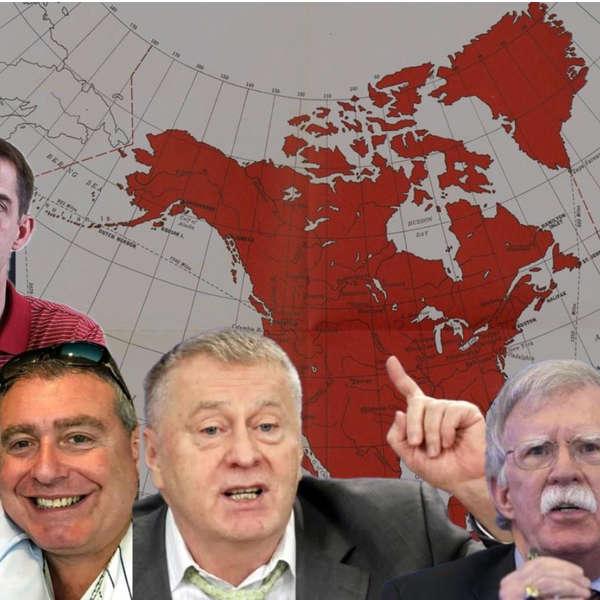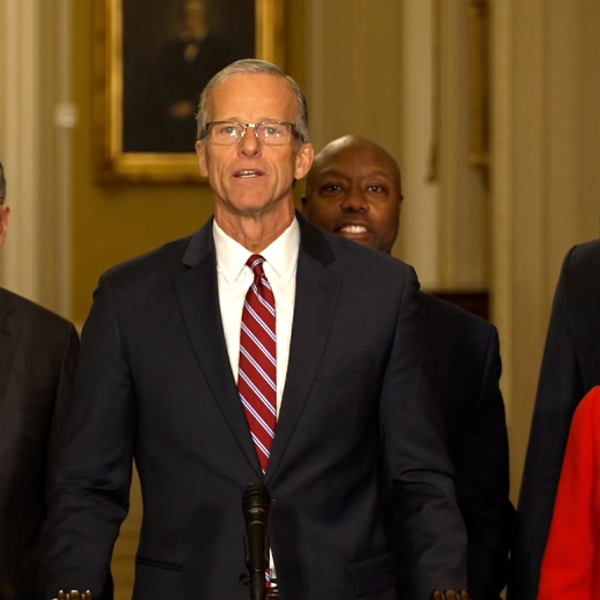
Reprinted with permission from Creators.
Do you remember when you were 6 years old?
Try, please.
Hark back to that faraway time in your life when you had no control over your circumstances — when the adults were in charge of you, for good or bad.
Where did you live? Did you grow up in one of the biggest houses in your neighborhood or one of the smallest? Maybe something in between? Or you lived in an apartment, perhaps. Wherever you regularly laid your head at night was home, right?
Did you move around much as a child? Was one of your parents in the military, or did one work for a company that transferred employees with abandon? You were just getting used to your new school, your new friends, your new neighborhood and — boom — you had to leave. But if at least one of your parents was with you, you could tell yourself you would be OK. Or not. Some parents are scary.
What kind of bed did you sleep in? Did someone tuck you in at night, or were the grown-ups in your life too weary or too self-absorbed to understand that you needed that? When you laid your head on your pillowcase, did it smell like summer or dirty laundry? What did you long for when you lay in bed and watched the moonlight dancing across your ceiling? Was there anyone who wanted to know?
Perhaps you were one of those kids whose family suffered a financial setback — or setbacks, plural. Overnight, your whole world changed. You had to move to a smaller house, a dumpier apartment. Maybe you had to move in with relatives for a while or the rest of your childhood. Maybe you remember that as the first time you saw your mother or father crying. That sticks with a kid.
So does a parent’s alcoholism or drug addiction. Untreated depression, too. Maybe you were on the receiving end of physical or emotional abuse. If so, I’m sorry to ask you to recall those times of fear and hopelessness. You were just a kid. It wasn’t your fault.
None of these things of your childhood was up to you. Whatever the circumstances, none of them was up to you.
You were 6, remember?
On Tuesday, President Donald Trump ordered an end to the Deferred Action for Childhood Arrivals program. DACA, we call it, was a policy by President Barack Obama’s administration to protect about 800,000 young undocumented immigrants from deportation and to allow them to work and go to college.
To qualify, they had to have arrived before 2007, at age 15 or younger.
We call them dreamers.
Your members of Congress have six months to fix this and chart a path for them to become citizens.
As the New York Times reported, the median age of entry for dreamers was 6. The most common age was 3.
Just like you at that age, they went where their parents took them. Just like your case, home was wherever they regularly laid their heads, went to school, made friends.
Their current ages range from 16 to 35 years old. For the overwhelming majority, America is the only home they’ve known.
As Business Insider reported, an analysis by the Migration Policy Institute shows dreamers “to have higher-skilled, higher-paying jobs than undocumented immigrants who (were) ineligible for DACA.” They are likelier to work in sales and office jobs, for example, than in manual labor.
In other words, dreamers are fulfilling the same kind of dreams so many American parents have. That would include my own working-class parents, who lived long enough to see all four of their children graduate from college and launch the bigger lives they imagined for us from the day we were born.
Remember when you were 6 years old? Remember when you, too, were a dreamer?
Try, please.
We have so much in common with these young people.
Or maybe think of it this way: When white supremacists and neo-Nazis are allowed to be U.S. citizens, surely America can make room for our dreamers.
Connie Schultz is a Pulitzer Prize-winning columnist and professional in residence at Kent State University’s school of journalism. She is the author of two books, including “…and His Lovely Wife,” which chronicled the successful race of her husband, Sherrod Brown, for the U.S. Senate. To find out more about Connie Schultz (con.schultz@yahoo.com) and read her past columns, please visit the Creators Syndicate webpage at www.creators.com.








